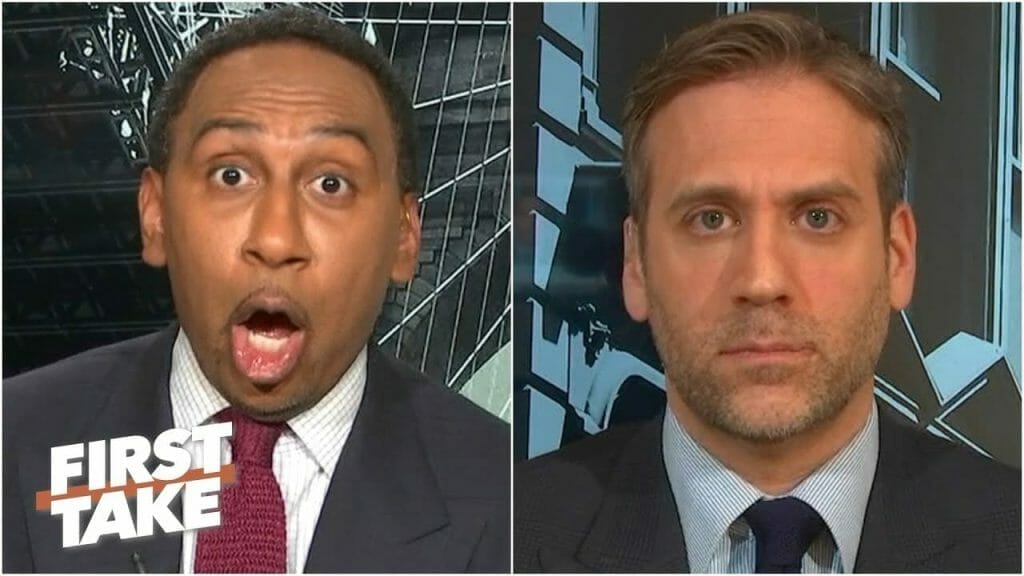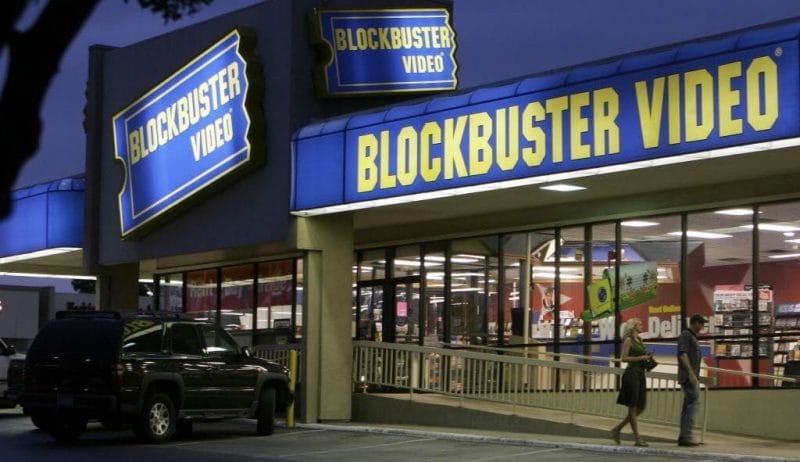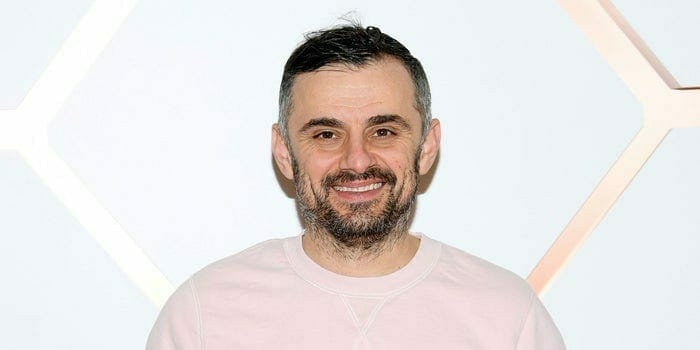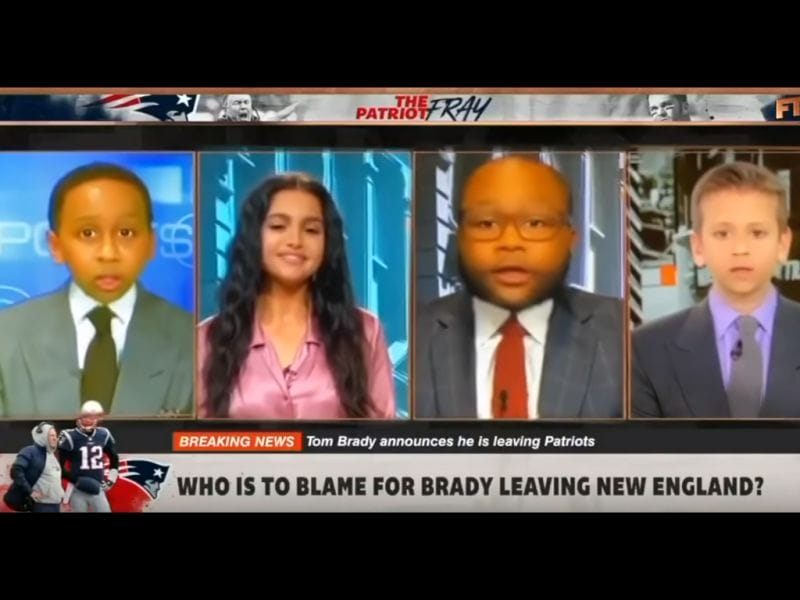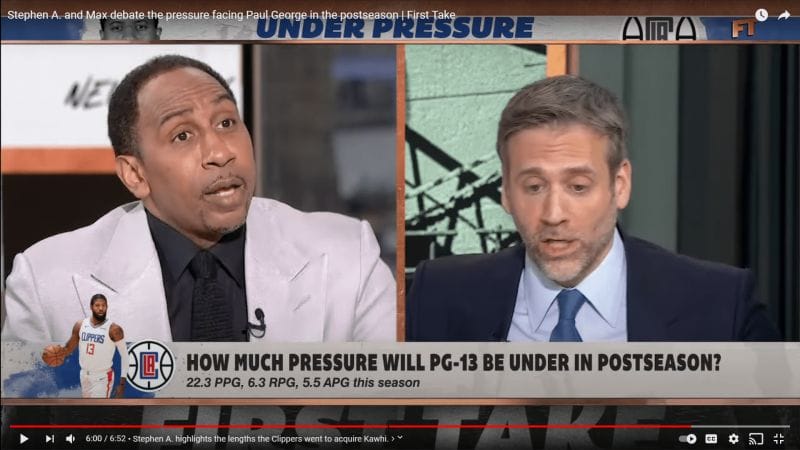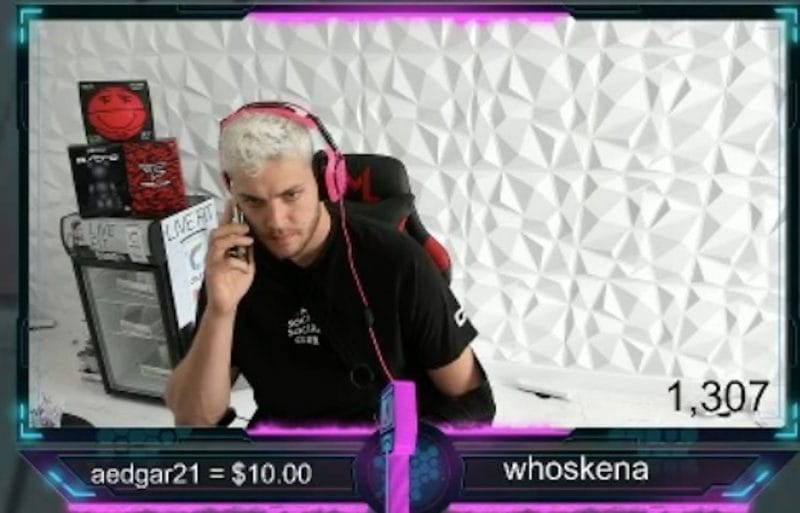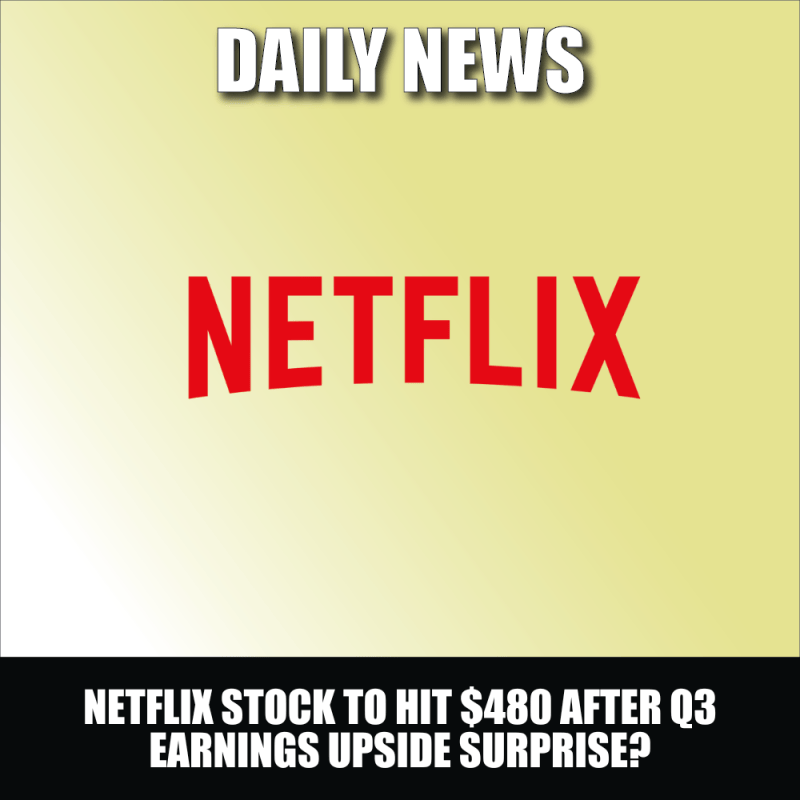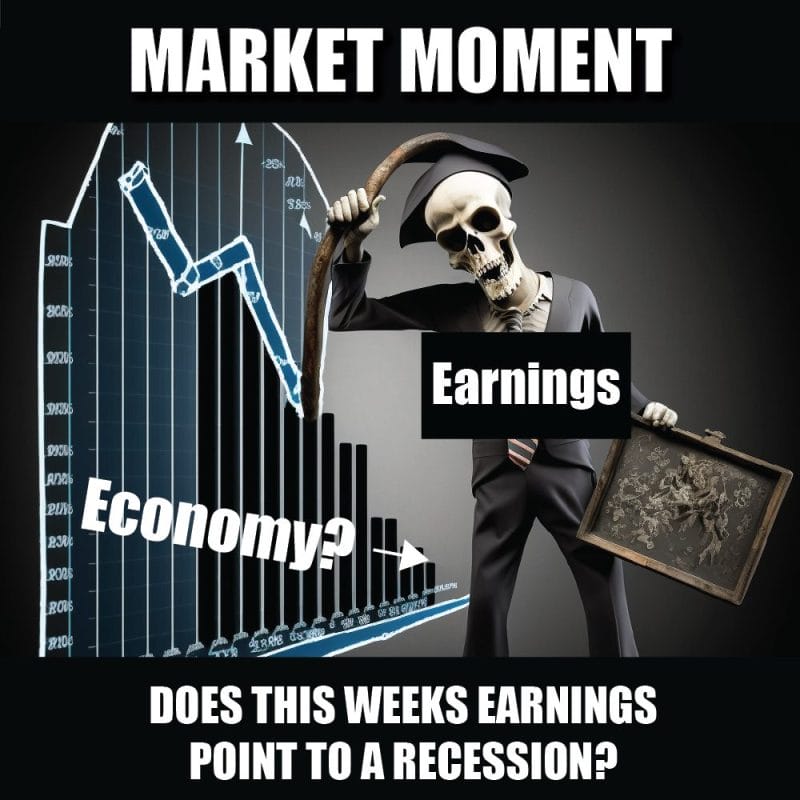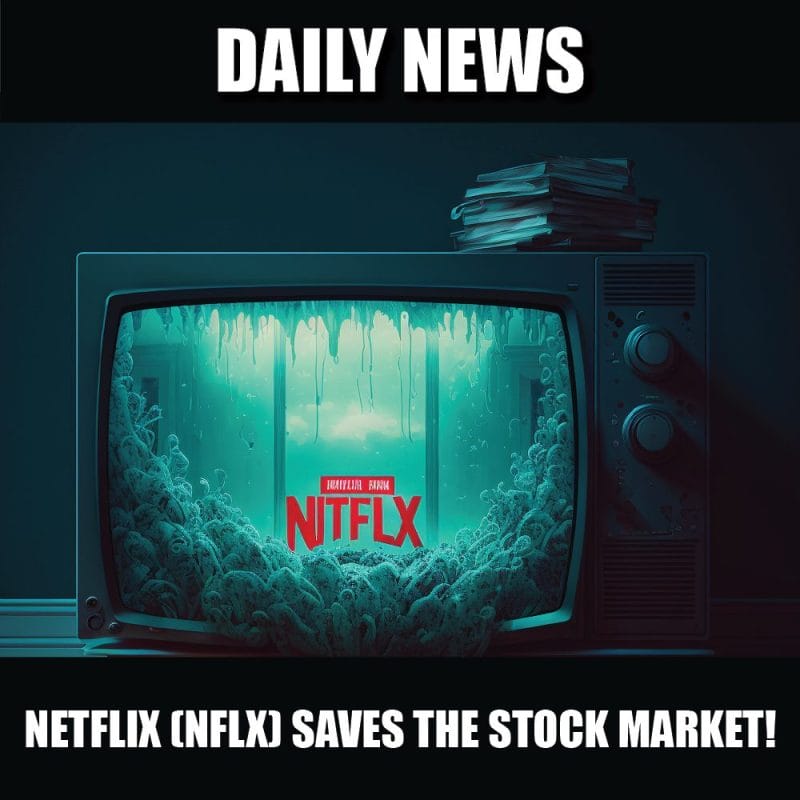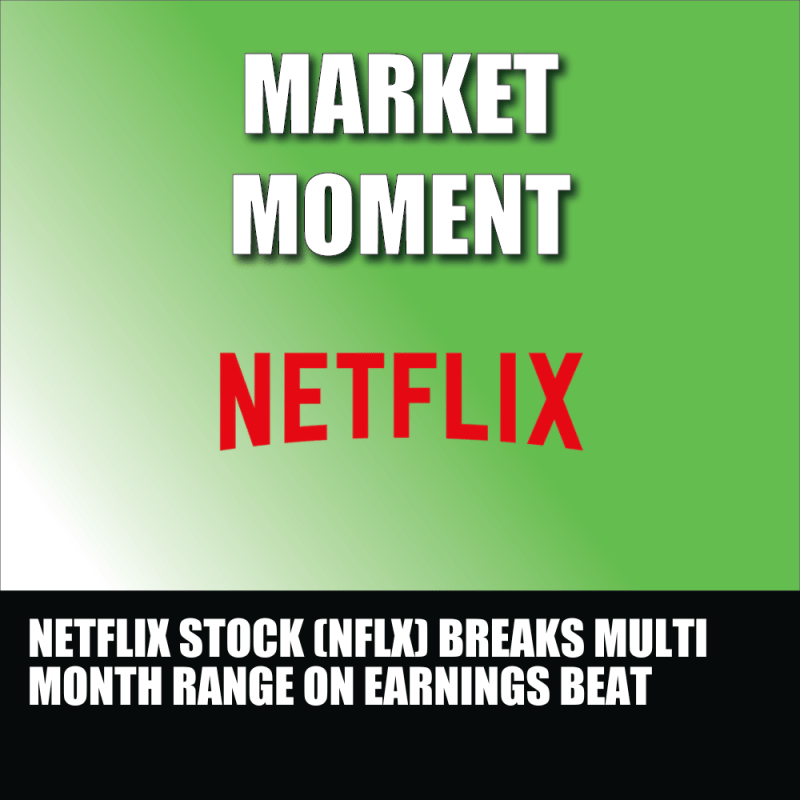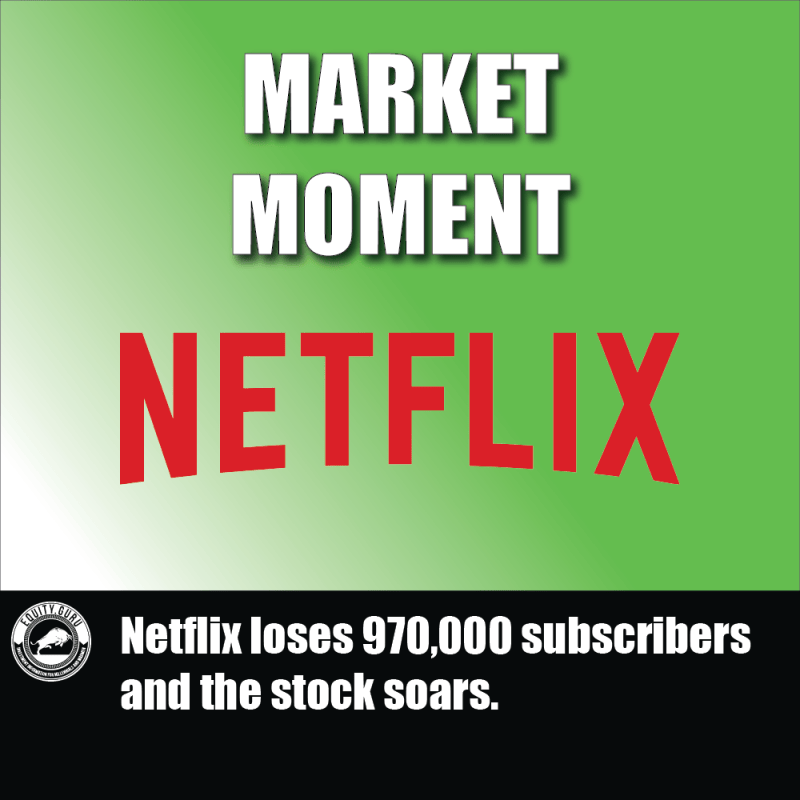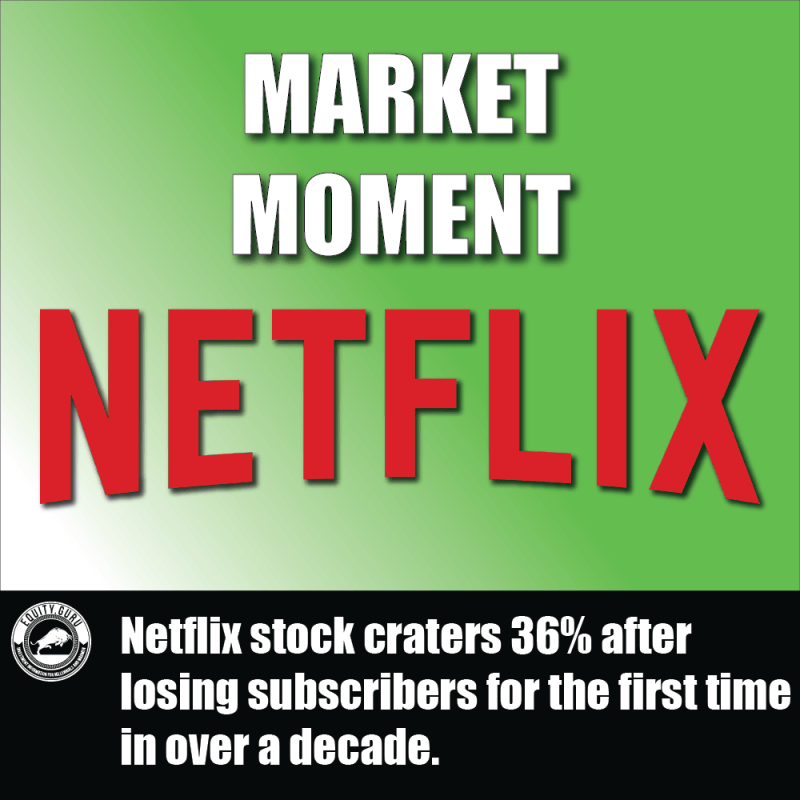“I’ve been frankly confused by this fascination that everybody has with Netflix. Netflix doesn’t really have or do anything that we can’t or don’t already do ourselves.” Jim Keyes, Blockbuster CEO
“Everyone hates Blockbuster”
Everyone remembers Blockbuster. Their blue and yellow storefronts used to be everywhere, small town, big city, didn’t matter Blockbuster was near. The company was flying high throughout the early 2000s, believing they were building an untouchable video rental empire, with 9,000 locations worldwide and a $5B USD IPO Blockbuster was rolling. But a young dreamer from Silicon Valley set out to disrupt the video industry, with the dream of taking out Blockbuster at the knees. Marc Randolph came up with the idea of Netflix (NFLX.Q) in 1997 after a friend told him about a $40 late fee they had received from Blockbuster. He realized there had to be a better way, and he made it happen. Netflix’s introduction of rent-by-mail movies shook up the entire entertainment industry and caught the eye of companies like Amazon (AMZN.Q) and even Blockbuster who both expressed interest in acquiring Netflix at one point in time.
In 1998 Amazon CEO Jeff Bezos attempted to purchase Netflix, but Randolph declined his offer as he didn’t want to sell out that fast. He eventually caught the attention of Blockbuster in 2000 and got a meeting to discuss a company purchase, but was ultimately laughed out of the room for the $50M USD price tag he put on Netflix. This was bus change for Blockbuster who had completed a $5B USD IPO the year prior.
Netflix pushed on, and in 2003 Netflix posted its first profit, earning $6.5M USD on $272M USD of revenue and hit 1 million subscribers. However, at the time, Blockbuster was still king with 9,000 locations worldwide. In 2007 Blockbuster was concerned that Netflix and Apple (APPL.Q) posed a threat to their business and brought in a big wig to turn the company around, they hired former 711 CEO, Jim Keyes. Blockbuster’s imminent failure was so eloquently wrapped up in a 2008 company press release,
Keyes, a former CEO of 7-Eleven, was hired last year to turn around Blockbuster. He has shifted Blockbuster’s emphasis from online and traditional video rentals to in-store sales of DVDs and other media, such as video games.
Keyes also offered to pay $1.3B USD to acquire electronics retailer Circuit City in 2008 months before Circuit City announced that it would close 155 stores and lay off 17% of its workforce by the end of the year as a result of continuing difficulties in remaining profitable. Keyes also famously said, “I’ve been frankly confused by this fascination that everybody has with Netflix. Netflix doesn’t really have or do anything that we can’t or don’t already do ourselves.” In the end, Keyes failed miserably. Brick and mortar is dead, this isn’t 711. He watched as streaming services like Netflix, Amazon and Hulu ate his lunch. Only 9 years after their peak, in 2013, the last remaining Blockbuster locations closed their doors for good. One store remains in Bend, Oregon – it was bought and held privately and has become somewhat of a tourist attraction, or novelty experience.
Bleeding money
“Blockbuster said ‘our data shows people enjoy coming into our stores, they like reading the backs of DVD cases and the potential of running into their neighbor’. Me, I like to lay naked in my bed and press 1 fucking button.” – Gary Vaynerchuk
In the early 2000’s most companies operated like Blockbuster, trying to pinch every penny from their customers, and with Blockbuster collecting $800M USD in late fees, this seemed like a great extra revenue stream. But Netflix went the complete opposite direction and decided to put the customer first, offering up free trials, large discounts, and no extra fees. Free offers like this were pretty rare at the time, social selling wasn’t popular yet.
Nowadays an entire generation of entrepreneurs have consumed marketing guru content from the likes of Gary Vaynerchuk who promote a ‘what can I do for you?’ sales model. His aptly titled book ‘Jab Jab Right Hook’ sets out the blueprint for delivering value multiple times first before asking for a favor, or compensation. Blockbuster did the opposite of this by charging its customers additional fees for being late, or for not rewinding VHS tapes (apologies to anyone under 25), and it was policies like that which pissed off Randolph and millions of others alike. Netflix was bleeding money in the process. But the company could see the bigger picture. They were confident that Blockbuster didn’t have loyal customers, and that they could be poached away rather easily if something better came along, as Randolph put it himself bluntly, “everyone hates Blockbuster”.
Not only did they convert Blockbuster’s customer base, but they also turned them into monthly subscribers. Stable, monthly recurring revenue with a low churn rate, every business dream. Signing up for a monthly membership, although more expensive upfront has clear expectations, no surprises. Blockbuster’s model on the other hand meant that if you were going through a family crisis and somehow left your Ms. Doubtfire tape in the VCR for a couple of weeks you might be looking at a completely unexpected thirty-dollar late fee.
Netflix’s other major advantage was scalability, it didn’t need thousands of retail locations, meaning they could afford to offer their product for free or at a discount, take the margin hit, and still remain profitable long term. It seems so obvious now, skip brick and mortar and go straight to online distribution, but 20 years ago this was genius-level thinking on Netflix’s part. Netflix also decided to start producing its own content, releasing its first original series ‘House Of Cards’ in 2013 which became wildly successful before the whole Kevin Spacey fiasco and the Trump era introducing America to a world far more bizarre and twisted than any of the House of Cards seasons. Netflix now has a myriad of successful original shows and budgets around $20B per year for original content. Funny enough, Blockbusters closing in 2013 perfectly coincides with the 8-year bull run Netflix is still enjoying. Netflix has been rewarded with a $239B market cap because of its innovation over the past 23 years.
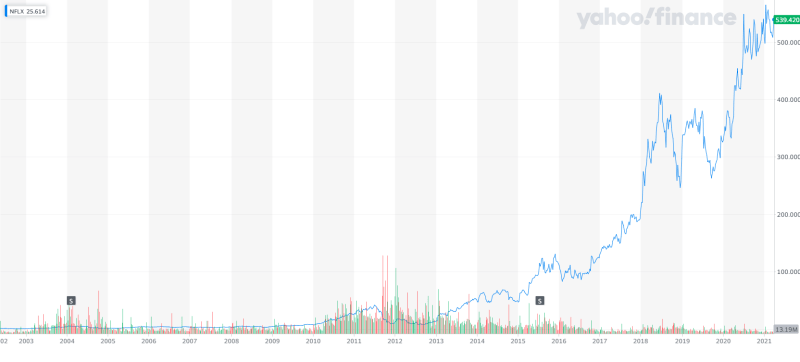 Blockbuster was by far Netflix’s biggest kill. Randolph was wildly successful in creating a beast that wiped out an empire, a true David vs. Goliath. Now with the NBA announcing a drastic increase in its broadcasting rights fees for the 2025 season, it has some believing Netflix is about to sink its teeth into another vulnerable target.
Blockbuster was by far Netflix’s biggest kill. Randolph was wildly successful in creating a beast that wiped out an empire, a true David vs. Goliath. Now with the NBA announcing a drastic increase in its broadcasting rights fees for the 2025 season, it has some believing Netflix is about to sink its teeth into another vulnerable target.
Hot take artists
Last year ESPN laid off over 300 of its employees following years of declining revenue and viewership. The company largely blamed the pandemic, but ESPN has been trending downwards for a while, and yes, there was a pause in games because of COVID, but those games were largely made up at a later date. And with millions of people stuck at home consuming content, ESPN was largely unable to capitalize on this opportunity outside of ‘The Last Dance’ docu-series featuring Michael Jordan and The Chicago Bulls.
While some argue this is largely due to ESPN’S alignment with certain political issues which are destined to piss off nearly half of its audience, I only somewhat agree with that theory. No matter how many times Charlie Kirk says he’s done with the NBA forever, he always keeps coming back for more. The NBA is the fastest growing sport worldwide, and ESPN owns its broadcasting rights, so, how could they be stumbling?
While I don’t think their political stances have helped, ESPN was doomed long before they got political. ESPN’S singular fatal flaw was going all-in on hot takes, clickbait, and controversy rather than quality content geared towards hardcore sports fans. Aside from a few quality broadcasters like Adrian Wojnarowski, Tim Legler, Mike Wilbon – most of the on-air talent is all about drumming up controversy rather than actual sports analysis. No one on ESPN agrees on anything, and the format rests on accelerated anger. Here is a screenshot from a video this morning between two of the most popular ESPN hosts – Stephen A Smith and Max Kellerman, they spend the entire segment screaming over each other over if a player should feel pressure this postseason. It’s absolutely unbearable, as someone who lives and breathes basketball I can’t even watch it.
People screaming at each other over silly highschool-esque stories happening in the personal lives of professional athletes. The problem is, with Twitter and Reddit sports fans can get this info themselves within seconds, they don’t need a shiny face and nice suit to tell them what Kevin Durant said on Twitter. This has lead sports fans to watch low-quality YouTube videos of nerds in their basements with whiteboards talking about true shooting percentages, assists to turnover ratios, and fouls per 36 minutes rather than Twitter beefs. And I don’t know if anything tops the segment where ESPN uses baby filters to deliver the news.
Fly like an eagle, fly right into the future
While ESPN’s messaging has largely fallen off – its survival is largely predicated on its NBA broadcasting rights, which it pays a pretty for. ESPN is under contract for these rights until 2025. But last month the NBA announced starting in 2025 it’s increasing its broadcasting fees from $2.6B annually to $8B USD annually with a contract totaling $75B. This would be a 4X increase for ESPN. Most of ESPN’s revenue comes from affiliate fees, which are charged to pay-TV companies based on the number of subscribers they have. However, the number of pay-TV subscribers has declined by nearly 10 million people over the last 5 years and is expected to continue dropping.
If ESPN can’t make it happen, there are other companies who have the funds and infrastructure like Netflix or Amazon who would likely jump at the opportunity as basketball is the fastest growing sport worldwide. Last year Netflix got a taste of how successful the NBA can be. ‘The Last Dance’, was the most-watched docu-series of all time with an average of 5.6 million views per episode, which was all hosted on Netflix’s platform. NBA fans have begun fantasizing about what a Netflix/NBA streaming experience would be like.
Fans have also been unhappy with the current NBA broadcasting offerings. Many of the games are only displayed in low quality, they are currently experimenting with 4K but have not consistently used it due to storage issues, something Netflix would likely be able to sort out. There is also heavy criticism of the NBA’s current League Pass service which gives viewers access to live games, but not much else. Many local fans are forced into purchasing League Pass on top of their sports cable package because of blackouts, another wildly unpopular feature of the current system. Blackouts are intended to get more people to physically go to the games by refusing to show them on TV, despite customers paying their cable bill – very Blockbuster in nature. As of 2017, cable subscribers were paying more than $9 per month for ESPN’s top four channels (ESPN, ESPN 2, ESPNU, and SEC Network), and affiliate fees have continued to rise since then. Ultimately this leads a lot of people to use free and illegal streaming sites to watch games. However, the streams buffer and crash often, especially during important games where more fans are tuned in.
Twitch, a streaming platform owned by Amazon is also big into sports streaming with some ex-pro athletes not named Meyers Leonard setting up their own streams to provide sports commentary, and while this is relatively new it looks like it’s a growing phenomenon. People mute the games and open up Twitch, giving them a choice of which personality they want.
I wouldn’t be surprised if Twitch becomes the official place for discussion and analysis, which could lead to a ton of other advertising opportunities. Whatever happens, big changes are coming in the sports broadcasting world, and with the NBA jacking up its fees in the near future, we will soon find out what direction this thing is going to go in, and if other leagues follow suit. Will ESPN get the deal done? I sure hope not. I would love to see what platforms like Netflix and Twitch could offer. I and millions of other basketball nerds would be all in, and best of all, no more stupid baby filters.

